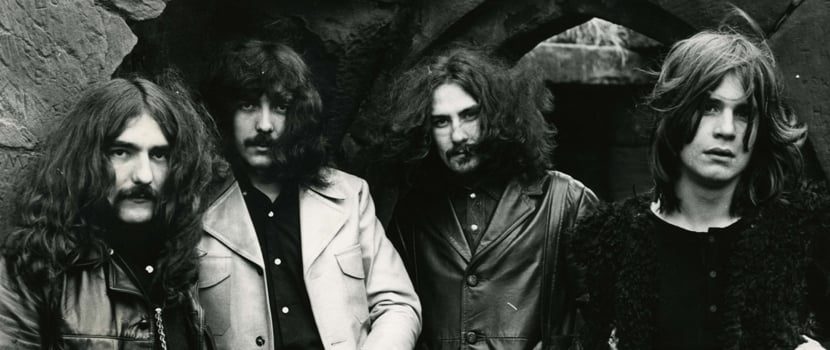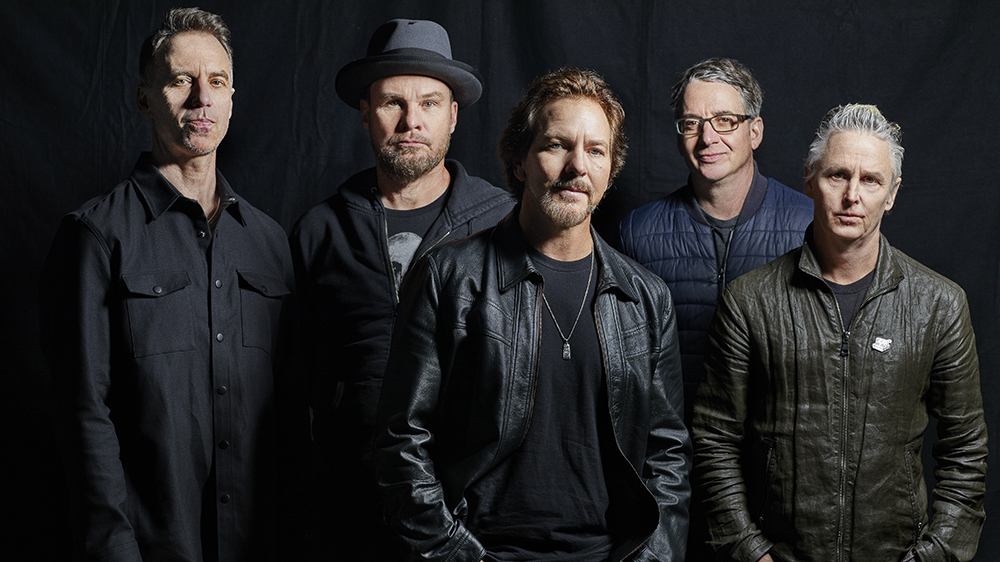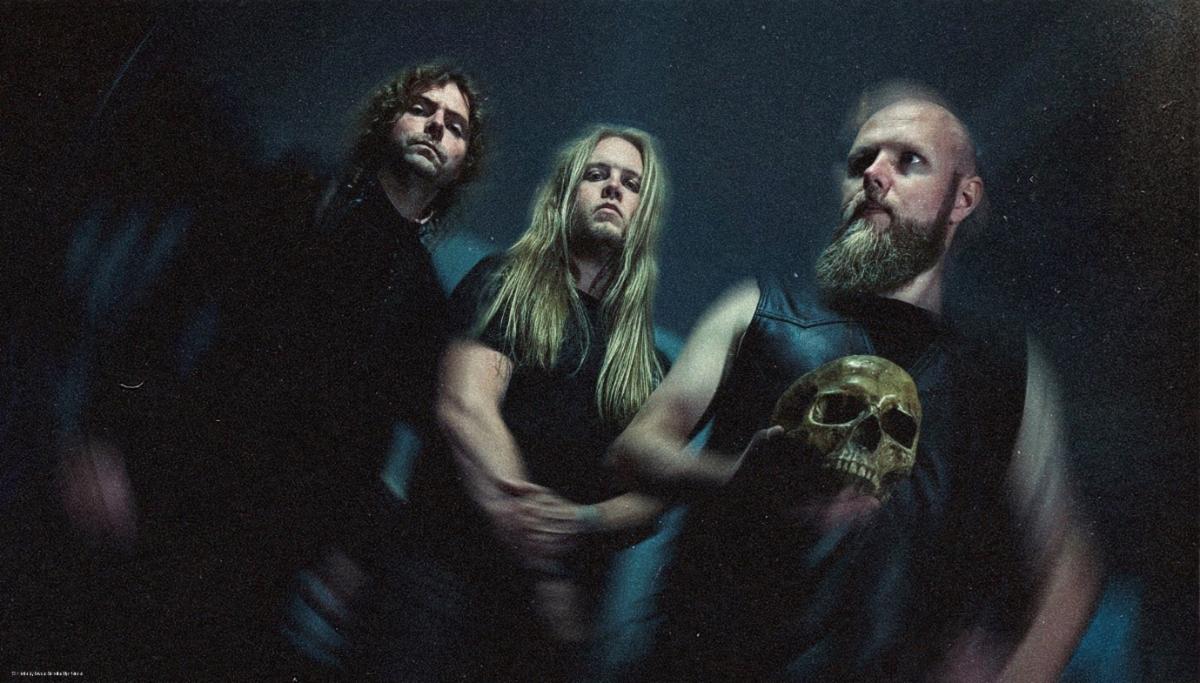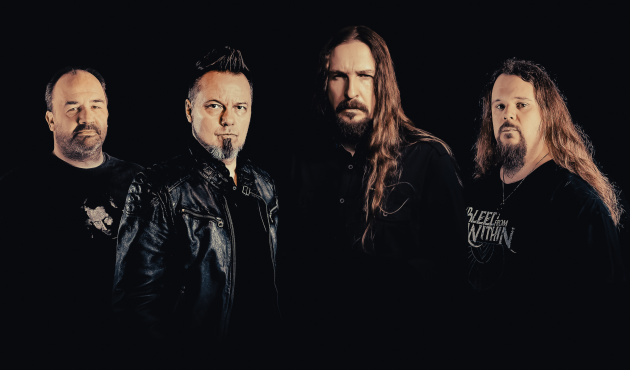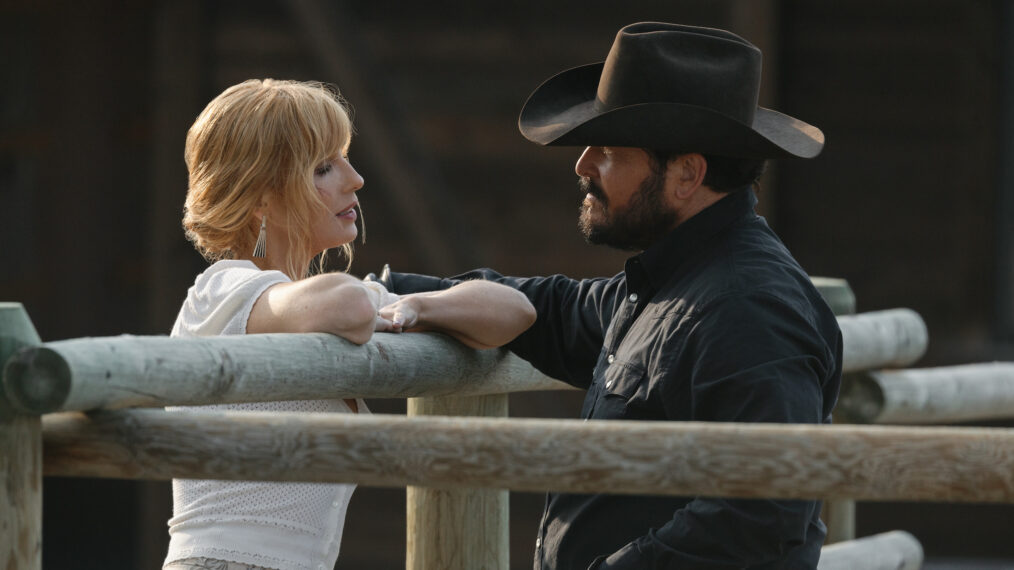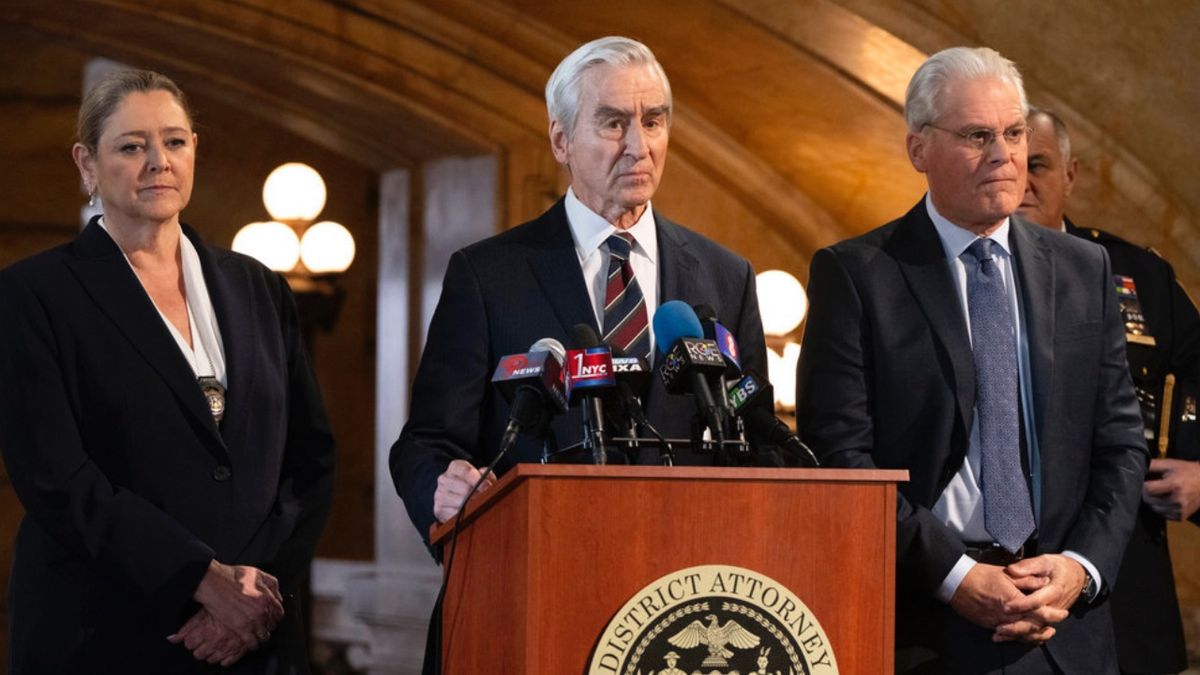
Not everything that Simon Joyner sings is autobiographical, but it’s always true. The Omaha-based singer and guitarist has spent the last 30 years setting the songwriting bar frightfully high. The characters in his songs recount the ways that life changes you, sometimes knowingly and other times with uninsightful candor. But if those written figures don’t always know what they’re saying, Joyner does; he’s a master at drawing portraits that are simultaneously longform and boiled down. So, when he faced the task of writing after the death of his son Owen, he did not let the daunting enormity of the topic deter him from accomplishing the task of composing words that not only relate the complex feelings of grief, but relate their content with grace.
The record begins and ends with instrumentals, which are exceedingly rare across Joyner’s discography. Spare acoustic-guitar notes step deliberately through a field of birdsong, wind and vehicular sounds on the opener, “Red-Winged Black Birds (March 13, 2024),” and an exquisitely plucked figure ripples upon a summery drone during the closer, “Cicada Song (Late August 2022).” The latter was recorded in the same month that Owen died. Without expending a single word, Joyner has already told the listener something about the nonlinear inescapability of grief; no matter how much processing you do, you can still end up right back where you started.
The eight songs situated between those wordless reveries take the listener through the pain, guilt, post-hoc quarterbacking and imagined dialoging with the departed that are all part of grief. It isn’t easy going, but it’s never oversold. While Joyner’s voice naturally cracks in a way that can highlight any song’s sadness, he sings these ones with restraint. The details don’t need intensity to grab hold of you. The weather metaphors embedded in “The Silver Birch” set you bobbing on a stream of inescapable sadness, and “A Broken Heart Is Best Kept Out Of Sight” bridges the mundanity of isolating loneliness so subtly that you might miss it. And the title song confesses yearning for the absent in the plainest, simplest language.
This austerity is not just linguistic, but musical. The accompaniment provided by longtime foil Michael Krassner and a handful of Omaha musicians is spare but essential. Anything more would be a distraction. [Grapefruit/BB*Island]
—Bill Meyer

